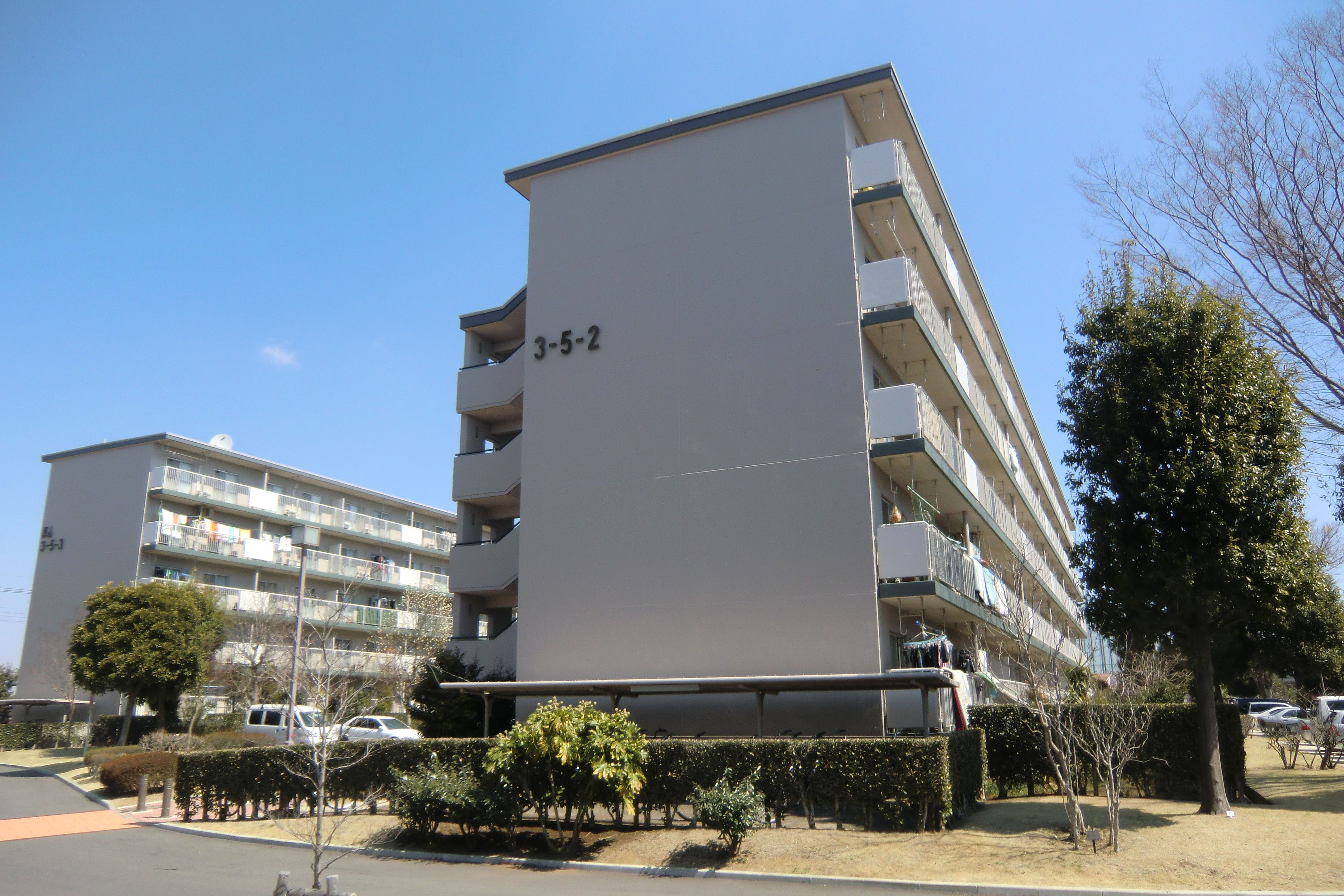In the past decade or so, certain claims about Japan's housing market have come to be accepted as facts. One is that Japanese houses are only meant to last 30 years. This idea has led to the belief that Japanese houses are shoddily constructed, and though there is some truth to that, they can last much longer if owners look after them — a credo that holds everywhere in the world.
The notion that Japanese houses self-destruct after three decades is a function of the government's plan to keep the economy humming with a constant need for residential construction, since it was the the Land Ministry that concocted the 30-year time limit.
If the government says it, then it becomes a self-fulfilling projection, but the ministry didn't arrive at that estimate through an evaluation of quality. It simply counted all the houses that had been demolished. What the statistic really means is that the average age of a house in Japan when it is torn down is 30 years. Older houses still standing are not included in the equation. Some experts think the average Japanese wooden home can last up to 65 years, it just depends on whether or not the owner takes care of it.



















With your current subscription plan you can comment on stories. However, before writing your first comment, please create a display name in the Profile section of your subscriber account page.